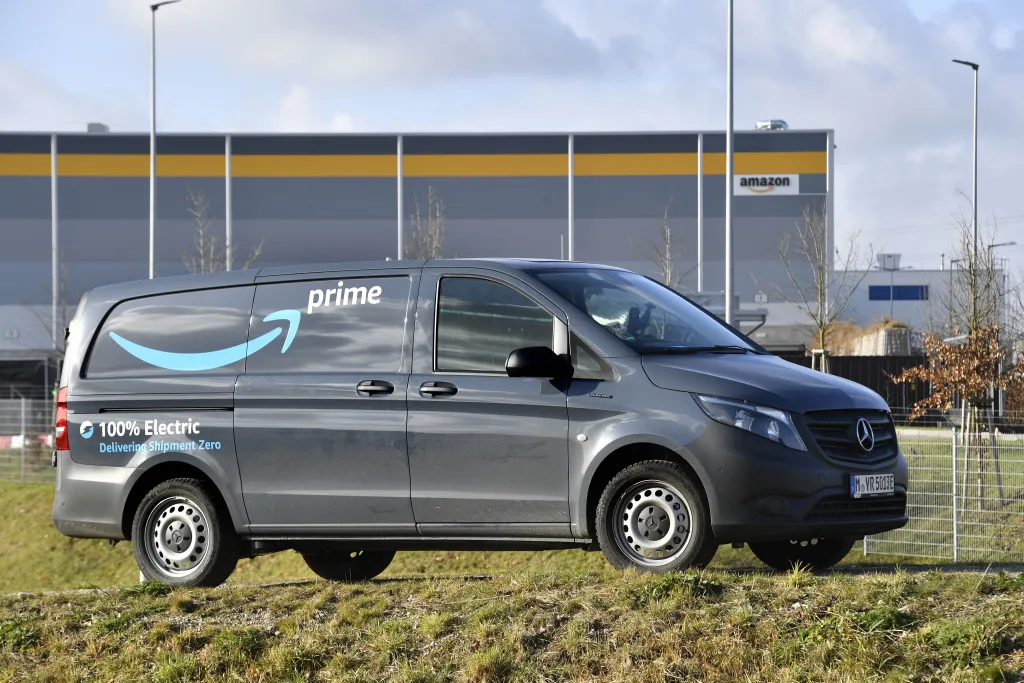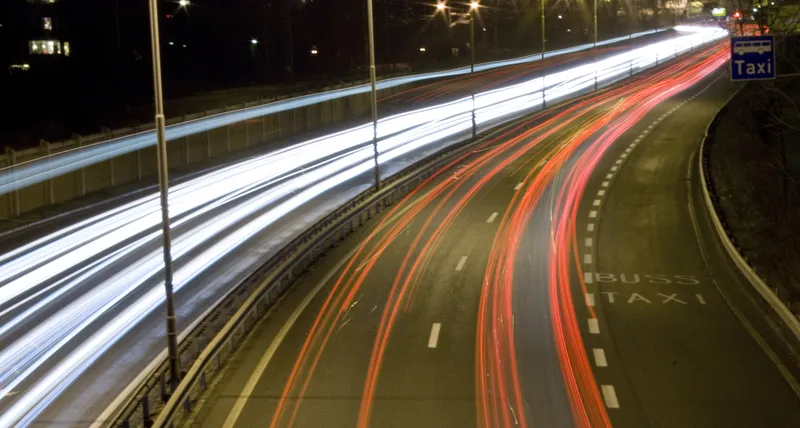
Verra Mobility is to acquire Redflex Holdings in a deal which values the latter at A$146.1m (US$113m).
Each Redflex shareholder would receive A$0.92 per share, a 130% rise on the current price of A$0.40.
The Redflex board is recommending the takeover, which - if it goes ahead - is set to happen in May this year.
Verra says the deal "will enable global delivery of leading road safety products and services, and will result in increased resources, scale, enhanced technology capabilities, and an expanded global reach"
Verra CEO David Roberts said the move was a "step forward in building the Verra Mobility of the future, expanding our portfolio of safe city solutions, and solidifying our position as a global leader in smart transportation".
Redflex Group CEO Mark Talbot said: "The combination is expected to provide significant benefits for all stakeholders and will further strengthen the service and innovation that Redflex delivers to its worldwide customer base."
He called it a "strong endorsement of the quality of the Redflex business".
Redflex chairman Adam Gray said he is pleased that Verra "has recognised the strategic value of our company".
Redflex is listed on the Australian Securities Exchange while Verra is Nasdaq-listed.










